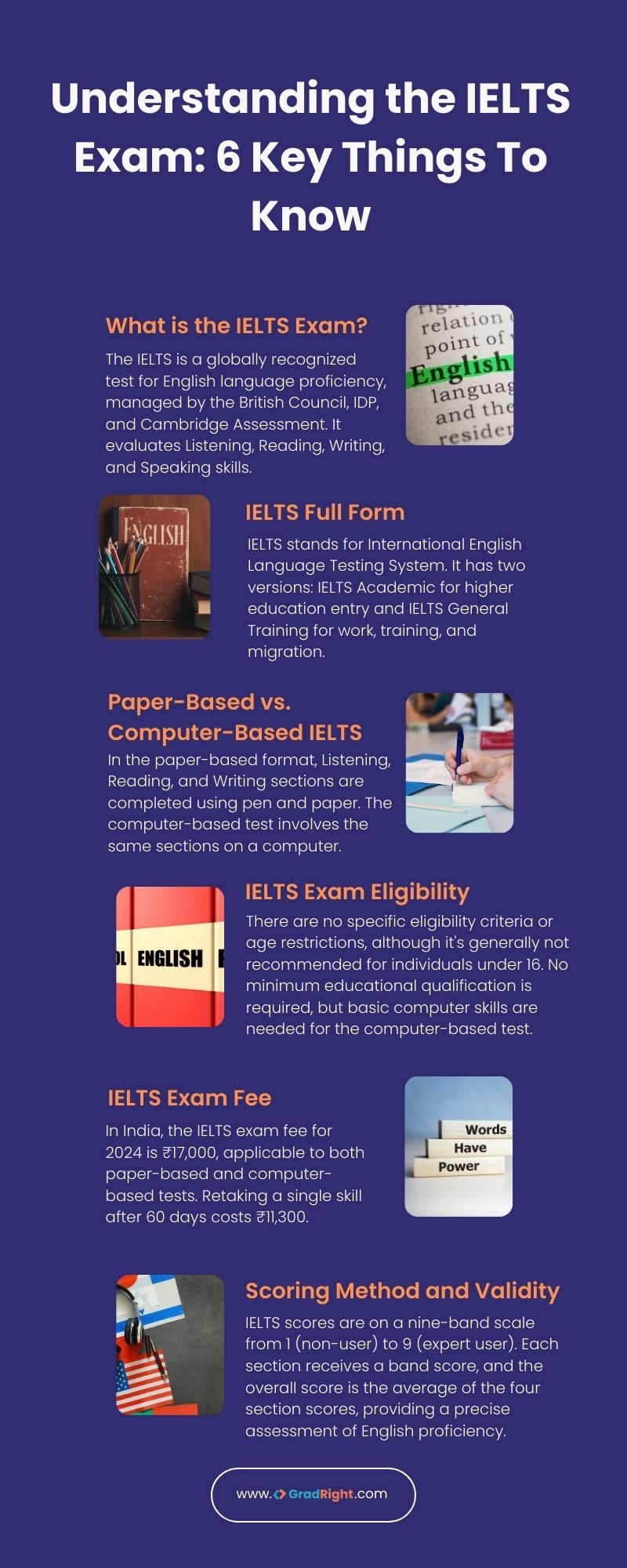Are you looking to study or work in an English-speaking country? If so, you may need to take the International English Language Testing System (IELTS) exam. This standardized test is recognized globally and is used to assess the English language proficiency of non-native English speakers. Understanding the format and content of the IELTS exam is essential for success, so let’s delve into the details.
The IELTS exam consists of four sections: Listening, Reading, Writing, and Speaking. Each section is designed to evaluate different language skills, such as listening comprehension, reading comprehension, writing ability, and speaking fluency. The exam is scored on a scale from 1 to 9, with most institutions requiring a minimum score of 6 or 6.5 for admission or employment.
The Listening section of the IELTS exam assesses your ability to understand spoken English in various contexts, such as conversations, interviews, and lectures. You will listen to recordings and answer questions based on what you hear. It is essential to practice listening to different accents and dialects to prepare for this section effectively.
In the Reading section, you will be presented with passages of text and asked to answer questions to demonstrate your reading comprehension skills. It is crucial to practice skimming and scanning techniques to locate key information quickly. Additionally, expanding your vocabulary will help you understand complex texts more easily.
The Writing section of the IELTS exam requires you to complete two writing tasks: Task 1, where you describe visual information, and Task 2, where you present and justify an opinion. It is essential to practice writing essays within the time constraints to improve your writing speed and coherence. Additionally, focusing on grammar and vocabulary will enhance the quality of your writing.
Lastly, the Speaking section evaluates your ability to communicate verbally in English. You will engage in a one-on-one conversation with an examiner, where you will discuss familiar topics and express your opinions. It is essential to practice speaking English regularly to improve your fluency and pronunciation.
In conclusion, preparing for the IELTS exam requires dedication, practice, and a solid understanding of the test format. By familiarizing yourself with the exam structure and content, as well as honing your language skills, you can increase your chances of achieving a high score. Remember, success in the IELTS exam opens up a world of opportunities for studying and working abroad.
